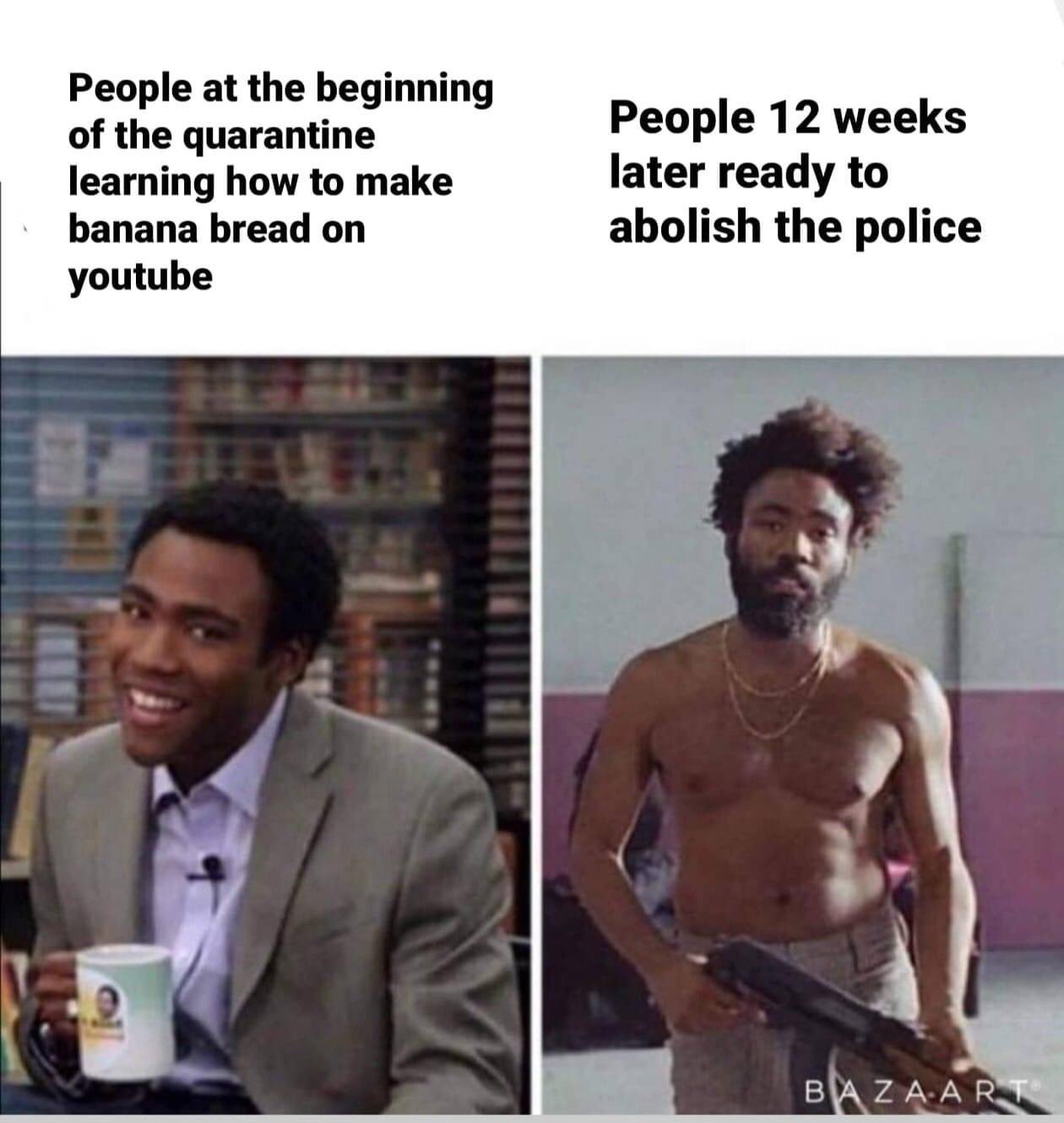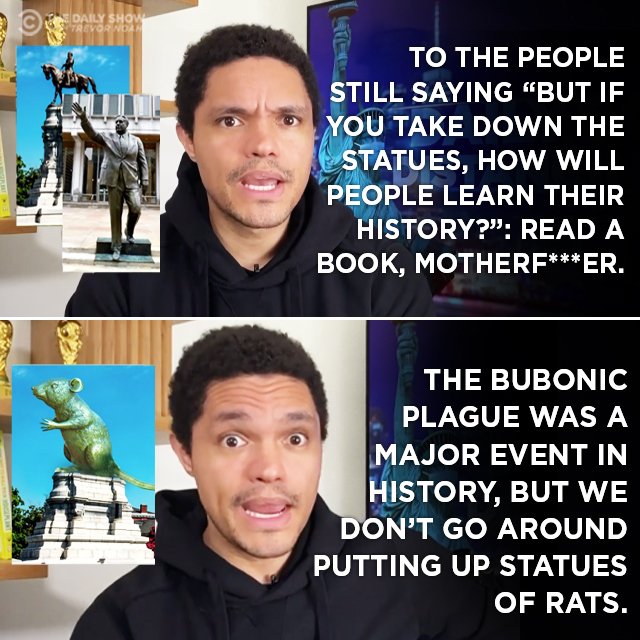

The reinvention of Ed Miliband Labour’s former leader is back and still convinced it’s time for capitalism to change. Can he make an impact? .......... “Reforming capitalism is tough and there is big resistance to it,” he says. “But I think the mood has changed.” ........... while the financial crash was an insufficient trigger for fundamental change, the social angst exposed by Brexit and the fragility of a global system laid bare by the coronavirus crisis have transformed the political landscape. He is convinced that Britain is now ready to embrace his vision of an active state working in “partnership” with the private sector and driving a green revolution. “The notion that the state just gets out of the way and that will then make for success — that has been buried by this crisis,” he says. “We’ve seen the state and business working together necessarily.” ............... He was widely portrayed as a hapless figure apparently unable to eat a bacon sandwich and whose idea of a good stunt was to carve a series of pledges on to a 9ft slab of lime, gleefully dubbed the “EdStone” by the media. .......... “Now people see him as someone who is up for a laugh, who can make a joke. He’s got good, intelligent ideas and has a wealth of knowledge and experience.” ........... As Labour headed deeper into its ideological — and electorally barren — comfort zone, Miliband went off to see friends in Australia, growing a beard and reflecting on his failure.......... Corbyn famously responded to his decisive election defeat last year by claiming he had “won the argument” ......... a soft-left agenda promising to take on economic “predators”, to rein in privatised monopolies and to undertake some limited redistribution. .......... something remarkable happened. “The public discovered I had a personality,” he smiles, his hands pushing deep into his slightly greying hair. ........ Miliband launched the Reasons to be Cheerful podcast, an affable look at political ideas, on which he owns a made-up dog called “Chutney”, and even burst into a rendition of “We All Stand Together” by Paul McCartney & The Frog Chorus. According to Miliband, the podcast pulls in 60,000-80,000 listeners a week. ............ Miliband sounds relieved that the public eventually got to see another side of him. The demands of leading Labour had, he says tactfully, put him “in a certain space with a certain persona, which can be problematic”. ................ the fag end of the New Labour era, as the party’s 13-year dominance of British politics came to an end, when he succeeded Gordon Brown on September 25 2010. On a day of agonising drama, he unexpectedly beat his elder brother David Miliband, the former foreign secretary, to take the party crown............. some on the Blairite wing of the Labour party, who saw David as their continuity candidate, have never forgiven Ed, who was regarded as very much the junior of the two siblings in both age and experience. “He was perhaps the most ill-suited, miscast, frightened, unskilled, lacking-in-judgment leader in Labour’s history,” says one former Labour minister............ . . . and I think — just like my leadership was an issue in 2015 — so Jeremy’s was in 2019.” ............. there were “real doubts about the deliverability of what we were saying”. .......... he believes that Covid-19 could be the trigger for a green revolution in the UK. “This crisis supercharges things and underlines the need for us to go faster. We need to put young people back to work. What people can do, in terms of green energy and nature, is an absolute core of that in my view.” .......... He argues that the cumulative effect of the 2008 financial crash, the public dissatisfaction with the status quo expressed in the 2016 Brexit referendum, and the convulsions caused by Covid-19 make profound reform unavoidable, and says the state has a key role to play. He cites the example of retraining laid-off Rolls-Royce aircraft engine-makers: “They could be incredibly useful to the future of our renewables industry.” ............ I wouldn’t recommend losing an election but one of the virtues for me was that it allowed me to be a proper father and husband. .......... five years of “incredibly damaging factionalism”. “Most people say, ‘Let’s bury our differences,’” he adds. “We’re good at burying our similarities.” ........ Peter Mandelson, a leading Blairite, fears that Labour may be about to make a huge strategic mistake. “People can see the difference between emergency measures and normal times,” he says. “We would be fooling ourselves if we thought the country, as a result of the Covid experience, is now ready for some ideological project to usher in state control of the economy.”


What the World Could Teach America About Policing Examples abound of reforms that are seen as “radical” in the United States.......... At the turn of the 21st century, Georgia was one of the most corrupt places on Earth. Bribery in the country, which lies in the Caucasus and shares a border with Russia, was rampant, and its police force, which was both a beneficiary and an enforcer of the system, was widely distrusted. So endemic was the issue that when a new government came to power in 2004, it determined that the country’s police force was too corrupt to be fixed. So its leaders decided to abolish the force entirely, sacking about 30,000 officers. Then it began the three-year process of hiring a smaller, better trained—and, crucially, corruption-free—police force to replace it. ............. focus more on community policing, which included an emphasis on de-escalation and using tools such as guns and handcuffs only as a last resort............... In Germany, for example, police recruits are required to spend two and a half to four years in basic training to become an officer, with the option to pursue the equivalent of a bachelor’s or master’s degree in policing. Basic training in the U.S., by comparison, can take as little as 21 weeks (or 33.5 weeks, with field training). The less time recruits have to train, the less time is afforded for guidance on crisis intervention or de-escalation. “If you only have 21 weeks of classroom training, naturally you’re going to emphasize survival” ............ This level of restraint isn’t unique to Germany—it’s a Europe-wide standard. In some European countries, the rules are stricter still: Police in Finland and Norway, for example, require that officers seek permission before shooting anyone, where possible. In Spain, police must provide verbal cautions and warning shots before resorting to deadly force. Even in circumstances where weapons aren’t used, police officers in Europe tend to be more restricted in what they can do. Chokeholds of the kind used to immobilize, and ultimately kill, Floyd are forbidden in much of Europe. .............. Part of the reason that police in Europe are loath to use lethal force is because in most scenarios, they don’t have to. Compared with the U.S., which claims 40 percent of the world’s firearms, gun ownership in most European countries is relatively rare. In Germany, “officers, with few exceptions in big cities, don’t have to expect that they will meet people who will shoot at them,” Kersten said. Indeed, a number of police officers in countries such as Britain, Ireland, and Norway aren’t armed at all. .......... unlike many other similar countries, the American law-enforcement system is largely decentralized. The majority of the approximately 18,000 law-enforcement agencies across the U.S. are run at the city or county level, employing anywhere from one to 30,000 officers. The hyperlocalized nature of the system means that the standards and practices these agencies employ can vary widely. Unlike England and Wales, whose 43 police agencies are subject to the scrutiny of Her Majesty’s Inspectorate of Constabulary, an independent body, American policing has no federal oversight authority. ............. the establishment of a National College of Policing ......... a registry of dismissed officers to ensure that those who are fired aren’t simply rehired elsewhere. ........... “The complexities of police administration and institutional design requires serious attention that is not going to happen with a presidential candidate,” Sherman continued, “but could and should happen at the gubernatorial level.”
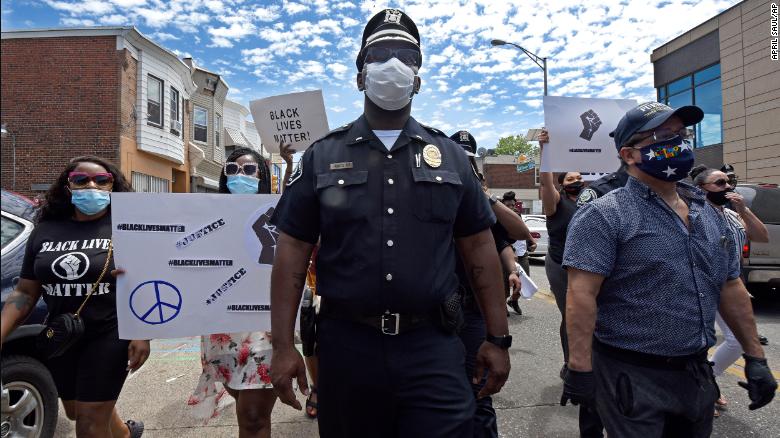
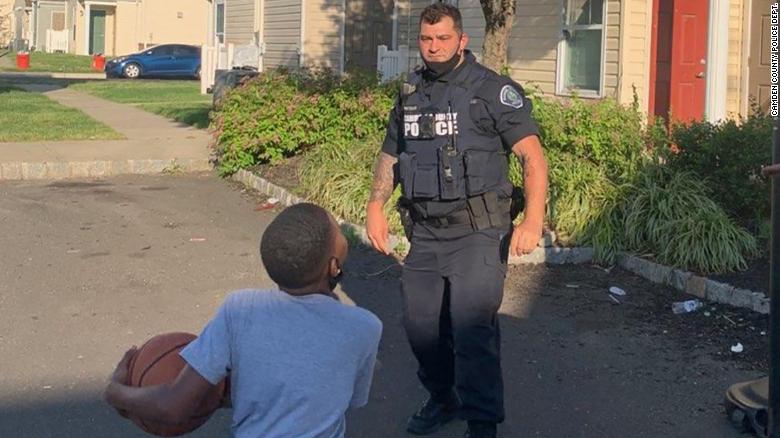
This city disbanded its police department 7 years ago. Here's what happened next Last week, Minneapolis officials confirmed they were considering a fairly rare course of action: disbanding the city police department. It's not the first locale to break up a department, but no cities as populous have ever attempted it. Minneapolis City Council members haven't specified what or who will replace it if the department disbands. Camden, New Jersey, may be the closest thing to a case study they can get............ The city, home to a population about 17% of Minneapolis' size, dissolved its police department in 2012 and replaced it with an entirely new one after corruption rendered the existing agency unfixable. Before its police reforms, Camden was routinely named one of the most violent cities in the US. ......... Now, seven years after the old department was booted (though around 100 officers were rehired), the city's crime has dropped by close to half. Officers host outdoor parties for residents and knock on doors to introduce themselves. It's a radically different Camden than it was even a decade ago. ............ new "community-oriented policing," which prizes partnership and problem-solving over violence and punishment. ........... When a new recruit joins the force, they're required to knock on the doors of homes in the neighborhood they're assigned to patrol, he said. They introduce themselves and ask neighbors what needs improving. ......... Training emphasizes deescalation ........... Whites are the minority in Camden, so Cappelli said the new department has hired more black and brown officers to serve black and brown residents. .......... "We can't police our way out of social issues, unemployment, disproportionate health issues, economic challenges -- these are things that drive crime" ........... "In essence, Camden remains a tale of two cities."
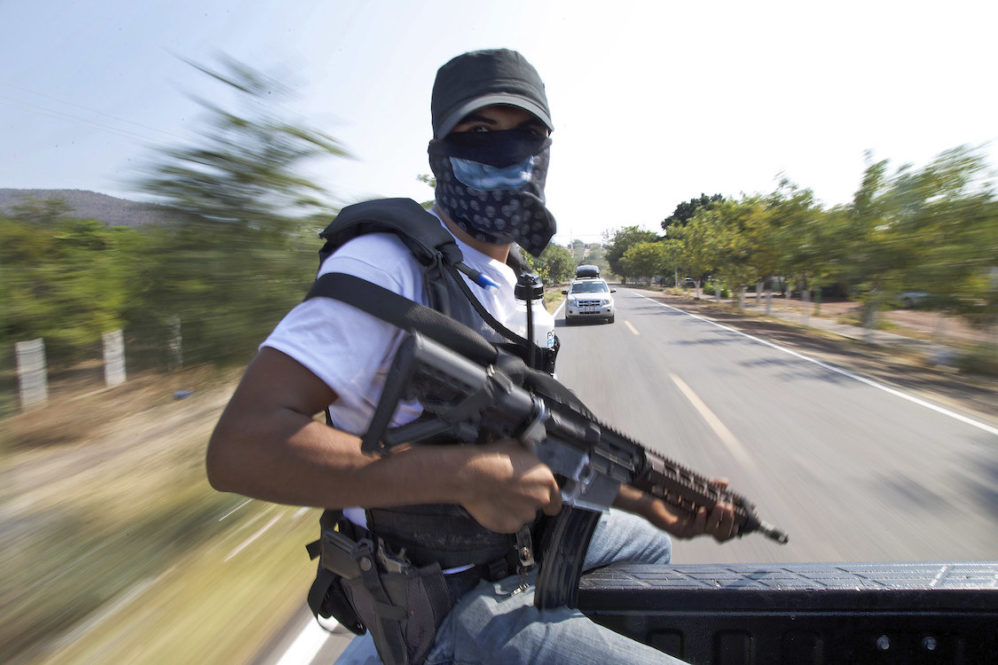
If You Want To Know What Disbanding The Police Looks Like, Look At Mexico The rise of vigilante groups in Mexico offers a hint of what happens when institutions fail and civil society collapses. America should be paying attention. .......... What comes after the police have been abolished remains unclear. Protesters and politicians alike are hazy on details, preferring instead to talk about “reimagining public safety” and throwing around vague terms like “community policing.” ............ the county sheriff’s office or the state police—or perhaps even federal law enforcement—would step into the vacuum and the city would have almost no say in how it was policed or what policies county and state law enforcement agencies adopted. ............. an armed group would emerge and impose a monopoly on the use of force............ the autodefensas movement quickly went from being an organic uprising against a vicious cartel to a vigilante free-for-all. ........... As far as violence and corruption go, things are worse in Mexico now than they were when Mireles formed the first autodefensa group. .......... the rise of self-defense militias in Mexico, no less than the rise of cartels, is a direct result of the collapse of civil authority. Absent a functioning state, militias are no more accountable to the general public than a drug cartel—and no more capable of resisting corruption than the local or federal police. ............ Make no mistake, “defund the police” doesn’t mean “reform the police.” It means take the money away, which means fewer police on the street—and in the case of Minneapolis, apparently no municipal police on the street. ....... The fabric of our civic life is fraying badly, and calls to abolish the police are a sign of that. ........ These arrangements, however well-intentioned, will fall prey to the same corruption and unaccountability as the forces they replace, especially if the underlying causes of societal decay are left to fester.









